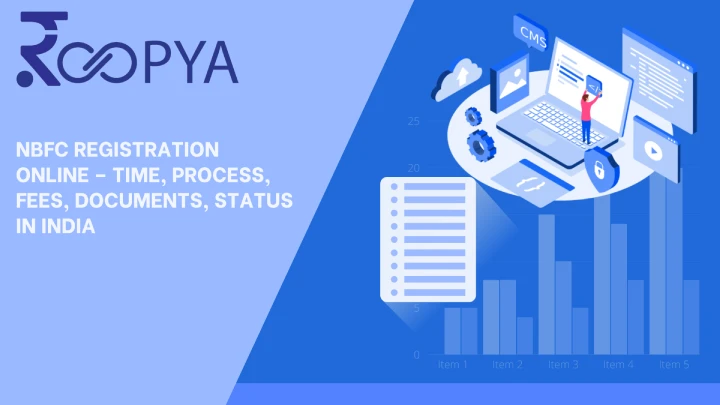NBFC Registration Online – Time, Process, Fees, Documents, Status in India

What is a Non-Banking Financial Company or NBFC?
An NBFC refers to a Non-Banking Financial Company. These are financial institutions that provide various banking services without holding a bank license. They play a crucial role in the financial system by offering credit and other financial services to individuals and businesses, particularly to those not served by traditional banks. NBFCs are regulated by the Reserve Bank of India (RBI) under the RBI Act, 1934, and are allowed to offer loans, credit facilities, savings products, and investment advice, among other services.
Start Free Trial
NBFCs typically cannot accept demand deposits (deposits that can be withdrawn without notice) like traditional banks, and they are not part of the formal payment and settlement system, so they cannot issue cheques drawn on themselves. However, they significantly contribute to financial inclusion by serving the unbanked and underbanked sectors of the Indian economy. They often cater to niche market segments, including microfinance, vehicle financing, consumer loans, and housing finance. The regulations governing NBFCs in India ensure a framework for their operations, risk management, and capital requirements to maintain financial stability and protect the interests of their clients.
